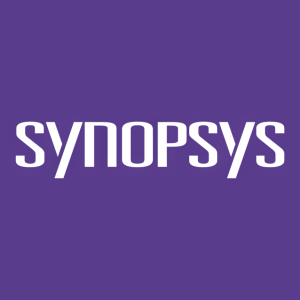Synopsys Insider Files ESPP Purchase; Ownership Totals Updated
Rhea-AI Filing Summary
Insider purchase filed on Form 4 for Synopsys, Inc. (SNPS). Aart de Geus, Executive Chair and Director, reported acquiring 26 shares of Synopsys common stock on 08/29/2025 at a price of $376.771 per share through the company Employee Stock Purchase Plan. After the transaction, Mr. de Geus is shown as beneficially owning 117,586 shares directly, plus 308,791 shares held indirectly by a family trust and 14,500 shares held indirectly by a partnership. The Form 4 was signed by power of attorney on 09/03/2025. The filing documents a routine ESPP purchase and updates aggregate insider holdings.
Positive
- Acquisition under ESPP: 26 shares were acquired on 08/29/2025 at $376.771 per share through the Synopsys Employee Stock Purchase Plan, indicating insider participation in company compensation programs
- Comprehensive ownership disclosure: Form reports direct ownership (117,586 shares) and indirect holdings via family trust (308,791 shares) and partnership (14,500 shares), improving transparency
Negative
- None.
Insights
TL;DR: Small ESPP purchase by a senior insider; updates beneficial ownership totals but is immaterial to valuation.
The report discloses a purchase of 26 shares at $376.771 under the Synopsys Employee Stock Purchase Plan, which is consistent with routine, periodic insider participation in compensation programs. The aggregate holdings reported—117,586 shares direct and substantial indirect holdings via family trust and partnership—provide context on the insider's economic interest in SNPS. The transaction size is negligible relative to reported total holdings, so it is unlikely to move markets or materially affect company valuation.
TL;DR: Filing is a standard Section 16 disclosure showing compliance and no red flags in governance.
The Form 4 is timely and indicates use of a power of attorney for signature, a common administrative practice. The acquisition is pursuant to the ESPP as disclosed in the explanation. There are no indications of atypical trading codes or departures from disclosure norms. Beneficial ownership breakdown clarifies direct and indirect holdings, supporting transparency around potential influence but does not reveal any governance concerns.






